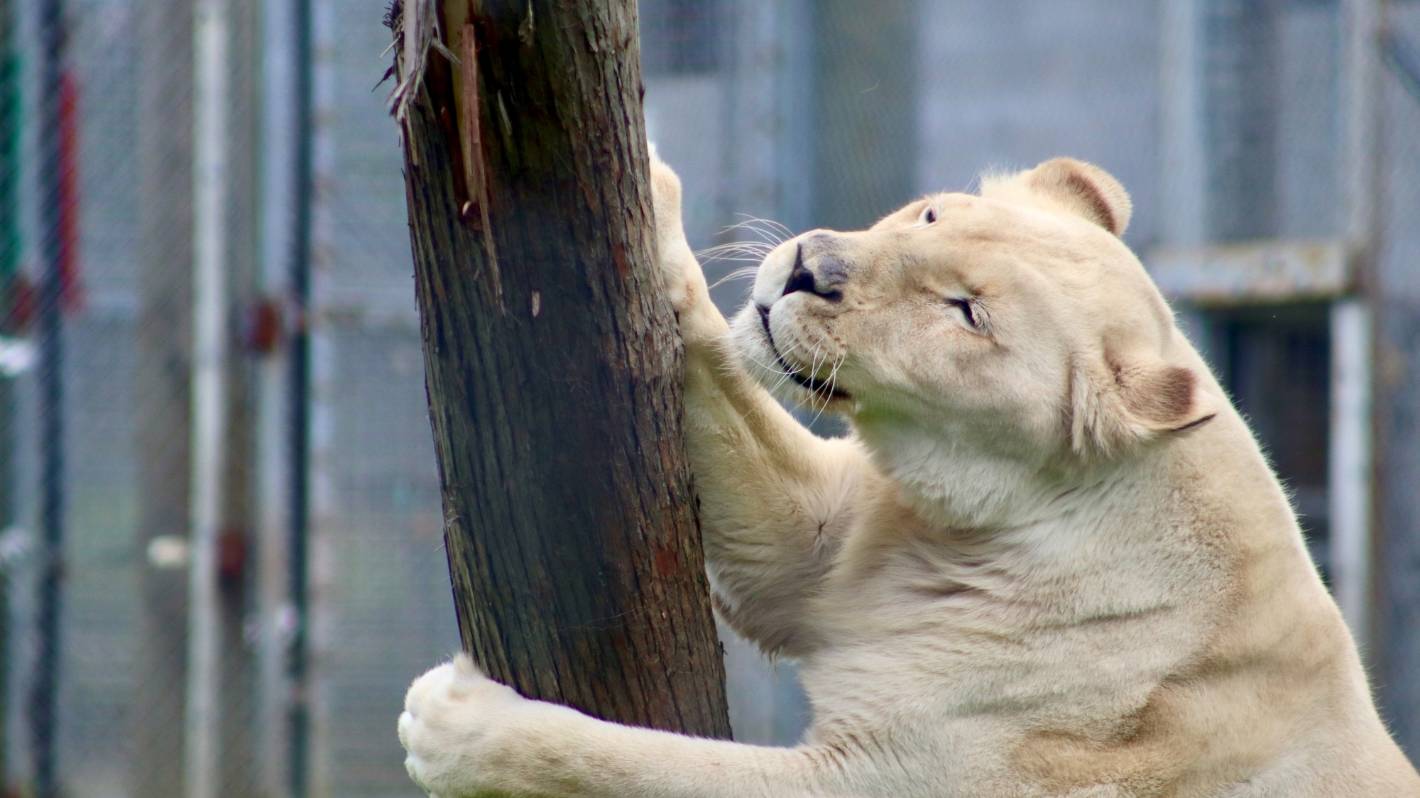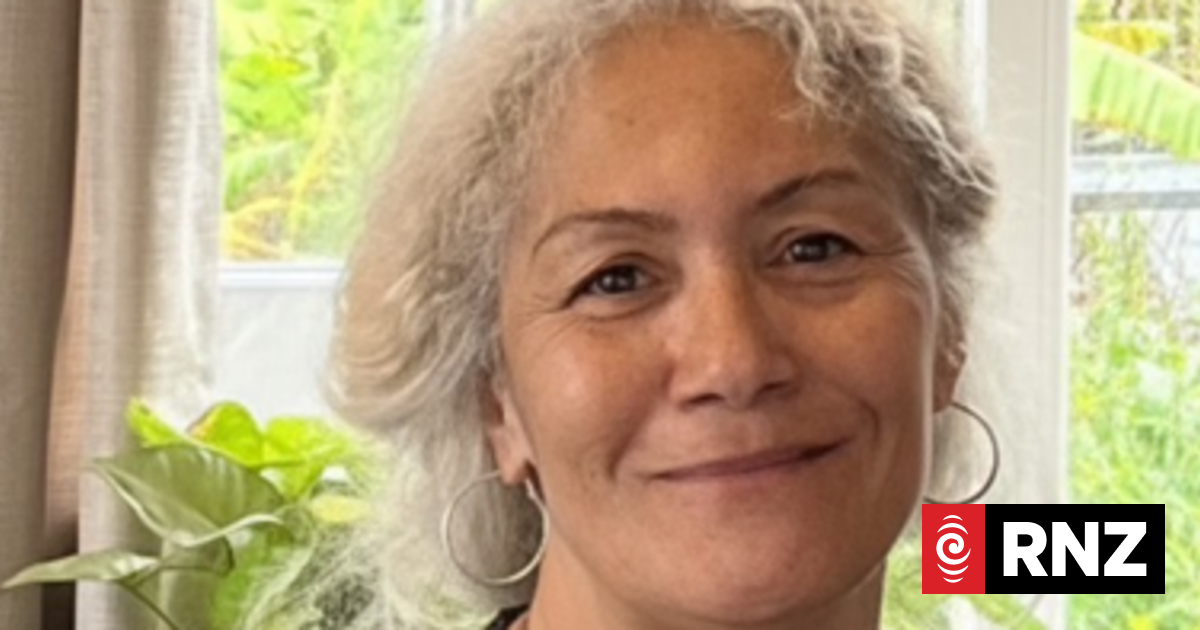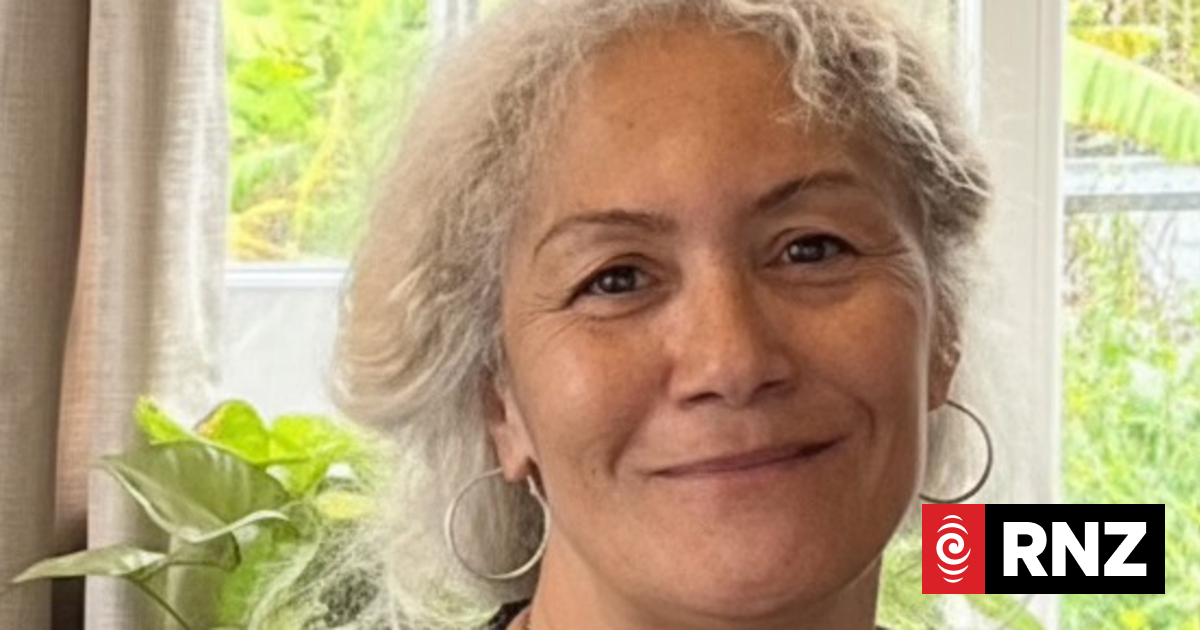When US true-crime series Tiger King was released by Netflix in 2020 it was an instant hit – with viewers drawn to the stranger-than-fiction story of big cat wrangler Joe Exotic – who had polygamous relationships, faced flack for his animal welfare practices and was jailed for a murder-for-hire against a rival.
But Kiwi viewers will notice some similarities with New Zealand’s big cat park, Kamo Wildlife Sanctuary, formerly and more widely known as Zion Wildlife Gardens.
Although there are no murder plots, the Northland zoo has almost everything else, including a now defunct international TV series on former owner Craig Busch called The Lion Man, his assault on his girlfriend after finding her in bed with another couple, family courtroom drama, a fatal mauling and animal welfare concerns at the park.
On Friday, another chapter was added to the park’s history with former director Dale Vallance being jailed for 35 months for indecently assaulting four women.SS
The park was closed earlier this year after the owner of Big Cats Limited was put into involuntary liquidation, owing more than $300,000.
Since then, the fate of the sanctuary’s remaining 12 lions and two tigers has been in question, with concern they could be euthanised.
Kamo Wildlife Sanctuary/Supplied
The remaining 12 lions and two tigers are being well cared for, Janette Vallance says, but animal welfare advocates fear they could be euthanised.
However, manager Janette Vallance has always been adamant she would fight such a decision and said on Friday all the exotic cats are “fine”.
”My company operates the park. Big Cats Limited being in liquidation has had very little impact on their care.”
Janette Vallance also said the jailing of Dale Vallance – her now-ex husband – has had no impact on the sanctuary.
”He’s had nothing to do with the park for nearly two years.”
Kamo Wildlife Sanctuary/Supplied
The remaining 12 lions and two tigers at Kamo Wildlife Sanctuary are not impacted by Big Cat Limited’s liquidation, Janette Vallance says.
However, Safe head of investigations Will Appelbe believes the woes of Kamo Wildlife Sanctuary are an example of all that could go wrong with an exotic animal sanctuary in New Zealand.
“Clearly the wildlife park is unsustainable, and it’s had a pretty chequered past,” he says.
“In principle, we’re opposed to keeping animals in captivity because it does lead to situations like this happening.”
The woes include Busch being convicted of assaulting his former partner and TV show co-star Karen Greybrook.
Lawrence Smith/Stuff
Craig Busch, pictured in 2012, made the Kamo big cat park internationally famous with his TV series The Lion Man. (File photo)
He also had years of legal feuds with his mother Patricia, who was handed control of the zoo in 2006 and sacked her son two years later.
In 2009, senior zookeeper Dalu Mncube was mauled to death by a white tiger the park in front of horrified tourists. The zoo later pleaded guilty to health and safety charges.
Investigations that year revealed Busch declawed three-quarters of the park’s big cats so they were safer to interact with in front of cameras.
The practice was called “barbaric” and “mutilation” by experts but was supervised by vets from the then-Ministry of Agriculture and Forestry (MAF).
Stuff
Senior big cat handler Dalu MnCube died at the park in 2009 after being mauled to death by a white tiger. (File photo)
Zion Wildlife Gardens was put into receivership in July 2011 and it was reborn in 2012 as the Kingdom of Zion, featuring a return of Busch.
It was forced to close in 2014 by the Ministry for Primary Industries until the cats’ enclosures were upgraded.
The park remained closed until December 2021, when it reopened as Kamo Wildlife Sanctuary.
But an application to put the company into liquidation was filed on behalf of Inland Revenue less than a year later.
Appelbe said the big cats shouldn’t be euthanised just because of the financial and management problems of the humans looking after them.
“We don’t think it’s viable to end their lives just because the humans responsible for them are unable to do that any more,” he said.
But he thought the Ministry for Primary Industries (MPI) needed to be more involved for the sake of the animals.
“It sounds like everybody has dropped the ball in regard to these animals.”
The welfare of the big cats and their safe containment is a top priority for MPI, which is in regular contact with Kamo Wildlife Sanctuary’s operators and owners, said acting deputy director general Jenny Bishop.
Bolton Equities has agreed to underwrite the park’s operators to ensure the exotic cats’ welfare and containment requirements are met – including enough staff to care for the animals, she said.
Abigail Dougherty/Stuff
Kamo Wildlife Sanctuary is based on Gray Rd in rural Kamo, about 20 minutes from central Whangārei. (File photo)
“MPI has conducted regular onsite visits, including the latest on 29 June 2023, where no animal welfare issues were identified.”
The liquidation does not stop the sanctuary from opening to the public, however, decisions about next steps for the park and cats is the responsibility of the owners, Bishop said.
One big cat – 20-year-old black leopard Mandla – had to be put down in late March due to sudden ill-health.
The remaining cats are being cared for under the legal agreement, with liquidation not expected to be completed until the beginning of 2024.
The Kamo sanctuary’s long and unstable history no doubt is part of its downfall, said Appelbe, although the public’s waning appetite to view exotic animals in captivity could also be part of the problem.
Supplied
Safe’s head of investigations Will Appelbe says Kamo Wildlife Sanctuary is an example of all the things that can go wrong with an exotic animal park. (File photo)
Safe wants to see all such zoos and sanctuaries phased out in New Zealand, with funds used to put animals back into the wild or – when animals are unable to survive in the wild – to humanely keep them in captivity until the end of their natural lives.
“A lot of these cats [at Kamo] don’t have a place in Aotearoa, it’s not their natural habitat.”
Timeline of Kamo big cat park’s chequered history
2002: Craig Busch opens Zion Wildlife Gardens in Kamo with 12 lions and five royal Bengal tigers.
2003: The park’s big cats Zion and Shia feature in an award-winning Sky TV commercial.
Lawrence Smith/Stuff
Craig Busch became known as the Lion Man after a TV series about his work at the Kamo park launched him and the big cats into international stardom. (File photo)
2004: The Lion Man TV series first airs on TV2, turning Craig Busch and his partner Karen Greybrook into celebrities.
January 2005: Craig Busch and Greybrook split. In 2007, Craig Busch admits he twice assaulted her after finding her in bed with another couple and was ordered to pay her $8000.
2006: Craig Busch’s mother Patricia Busch takes over the running of Zion after she provides a cash injection. Years of legal fights between mother and son ensue.
Early 2008: A Ministry of Agriculture and Forestry investigation finds the 40 big cats in unsanitary and crowded conditions, but the welfare concerns are addressed immediately.
April 2008: The park is investigated by the Labour Department after a volunteer was bitten by a lion cub. It places most of the blame on the worker but also reprimands Craig Busch for not reporting the injury.September 2008: The Employment Relations Authority finds former park manager Nicholas Coc-Kroft had been unjustifiably dismissed after a falling out with Patricia Busch.
November 2008: It is revealed Craig Busch is no longer employed at Zion and his MAF-issued operator’s licence is cancelled. He says he was sacked by his mother.
Abigail Dougherty/Stuff
Most of the remaining 12 lions and two tigers at Kamo Wildlife Sanctuary are old and some still suffer the effects of ill-treatment like declawing. (File photo)
February 2009: Handler Demetri Price is bitten several times on the knee while trying to move a tiger between two enclosures which resulted in minor surgery. The Labour Department investigates the incident.
May 2009: Keeper Dalu Mncube is mauled to death by a white tiger while cleaning its enclosure. It is revealed he prised the same tiger off Price in the February attack. The tiger was shot dead and the park briefly closed.
October 2009: It is revealed Craig Busch declawed 29 of the 37 big cats at Zion, in part to allow safer handling of the animals – enabling filming and a commercial income stream. Zion later appeals to big businesses for $250,000 for operations to reverse some of the damage.
April 2011: Two cheetahs break free from their enclosure. A MAF report later finds human error is to blame.May 2011: Craig Busch is ordered to pay $25,000 to Zion for serious breaches of his employment obligations.
June 2011: Zion Wildlife Gardens admits Health and Safety charges in relation to Mncube’s death, later paying $60,000 compensation to his partner.
July 2011: Zion Wildlife Gardens is placed into receivership and the park closed. Receivers PriceWaterhouseCoopers get a court order for Patricia Busch to hand over the park’s keys.
Kamo Wildlife Sanctuary/Supplied
Mandla, 20, New Zealand’s only captive black leopard, was put down at the park earlier this year. (File photo)
February 2012: Zion Wildlife Gardens is bought by a company involving Craig Busch, saving the 36 remaining big cats from being put down or removed. He opens the park to the public the following month under a renamed Kingdom of Zion.
December 2013: Coroner Brandt Shortland finds Zion Wildlife Gardens’ risky procedure of cleaning enclosures with big cats roaming in them proved fatal for Mncube. He recommends regulatory reform.
July 2014: The Ministry of Primary Industries orders Kingdom of Zion to close to the public until animal enclosures meet requirements.
August 2014: Bolton Equities – backed by rich-lister Murray Bolton – takes over ownership of Kingdom of Zion, renaming it Kamo Wildlife Sanctuary. The park remains closed by MPI.
Aound 2016: Janette Vallance is brought in to manage Kamo Wildlife Sanctuary. Her and Dale Vallance form Big Cats Limited in 2018 to run the park.
August 2021: Dale Vallance arrested for sexual assault.
December 2021: MPI finally signs off Kamo Wildlife Sanctuary to open to the public.
February 2022: Craig Busch tries to reclaim the big cats, which he claims are his, saying he wants them in South Africa where he now lives.
August 2022: The Commissioner of Inland Revenue files for Big Cats Limited to be put into liquidation.
March 2023: Big Cats Limited is put into involuntary liquidation, closing the park to the public again. Janette Vallance forms JFV Limited to run the park. A Givealittle page, later closed with no donations, says it costs $5000 a week for skeleton staff and medication. The liquidator’s report shows the company owes IRD $264,000 and a further $43,000 to former employees.
May 2023: Dale Vallance is found guilty of 10 counts of indecent assault. Name suppression on him and the park is lifted. Janette Vallance posts on social media he is gone from the park.
July 2023: Dale Vallance sentenced to 35 months in jail.




